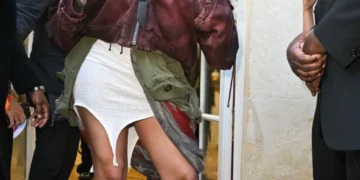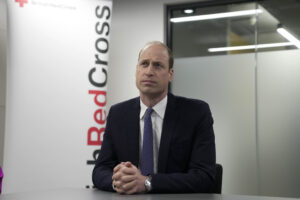
Prince William publicly addressed the Gaza conflict, expressing deep concern and calling for an end to violence during a visit to the British Red Cross headquarters.
His statement marks a significant shift in the royal family’s approach, diverging from tradition. He also plans visits to acknowledge suffering in Israel and Gaza and engage with antisemitism concerns.
Prince Willam ‘Deeply Concerned’ About ‘Human Cost’ Of Conflict In Gaza

Prince William has made an unprecedented move by publicly addressing the Gaza conflict, expressing “deep concern” about its toll on human lives and calling for an end to the violence during his visit to the headquarters of the British Red Cross in central London.
In his statement, the Prince of Wales underscored his deep concern over the deaths since the attack by Hamas on October 7 last year, noting that “too many have been killed” just hours after Labour leader Sir Keir Starmer called for an “immediate humanitarian ceasefire.”
His statement read, “I, like so many others, want to see an end to the fighting as soon as possible. There is a desperate need for increased humanitarian support to Gaza. It’s critical that aid gets in and the hostages are released.”
“Sometimes it is only when faced with the sheer scale of human suffering that the importance of permanent peace is brought home,” he added. “Even in the darkest hour, we must not succumb to the counsel of despair. I continue to cling to the hope that a brighter future can be found, and I refuse to give up on that.”
Prince William Recently Resumed Royal Duties
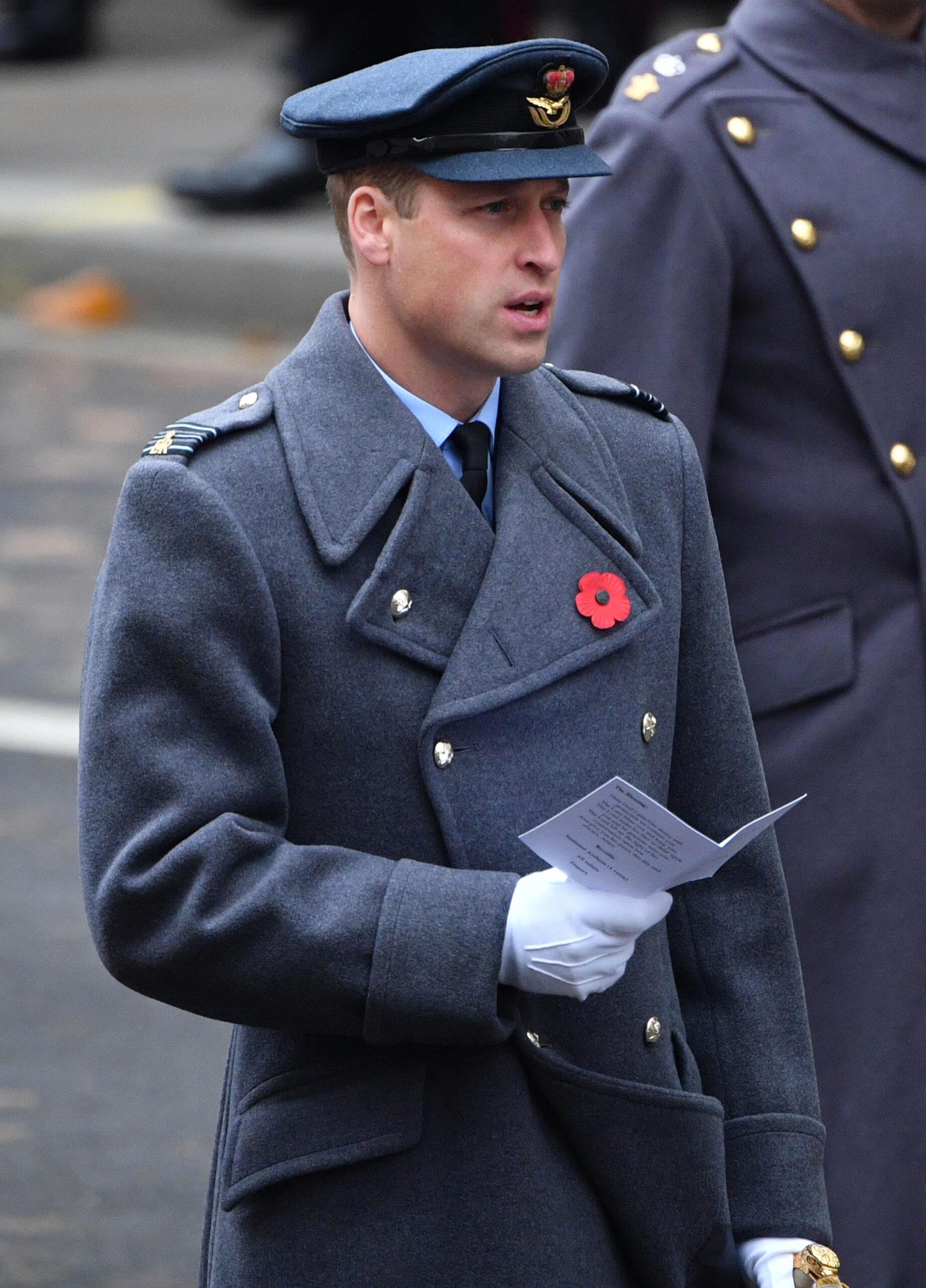
William’s recent statement, issued alongside his wife, Kat Middleton, signifies a shift in the royal family’s response to the Israel-Hamas conflict. It suggests a notable change in William’s approach as he resumes public duties after supporting his wife’s recovery from abdominal surgery.
His outspoken stance on the conflict also marks a departure from the traditional royal stance on political matters, notably differing from the late Queen Elizabeth II’s avoidance of such political commentary.
According to a spokesperson from Kensington Palace, William has maintained a keen interest in the region since his visit in 2018 when he traveled to Israel and the Occupied Palestinian Territories on a four-day tour with stops in Tel Aviv, Ramallah, and Jerusalem while engaging in discussions with then-President Reuven Rivlin and Palestinian leader President Mahmoud Abbas.
This month, the Duke of Cambridge will also be undertaking visits aimed at acknowledging the human suffering and distress caused by the conflict in Israel and Gaza.
Additionally, during a visit to a synagogue later in the month, he plans to engage with young people from diverse backgrounds, with a particular focus on addressing concerns surrounding antisemitism.
Prince William & Kate Middleton Condemned Hamas’ October 7 Attack
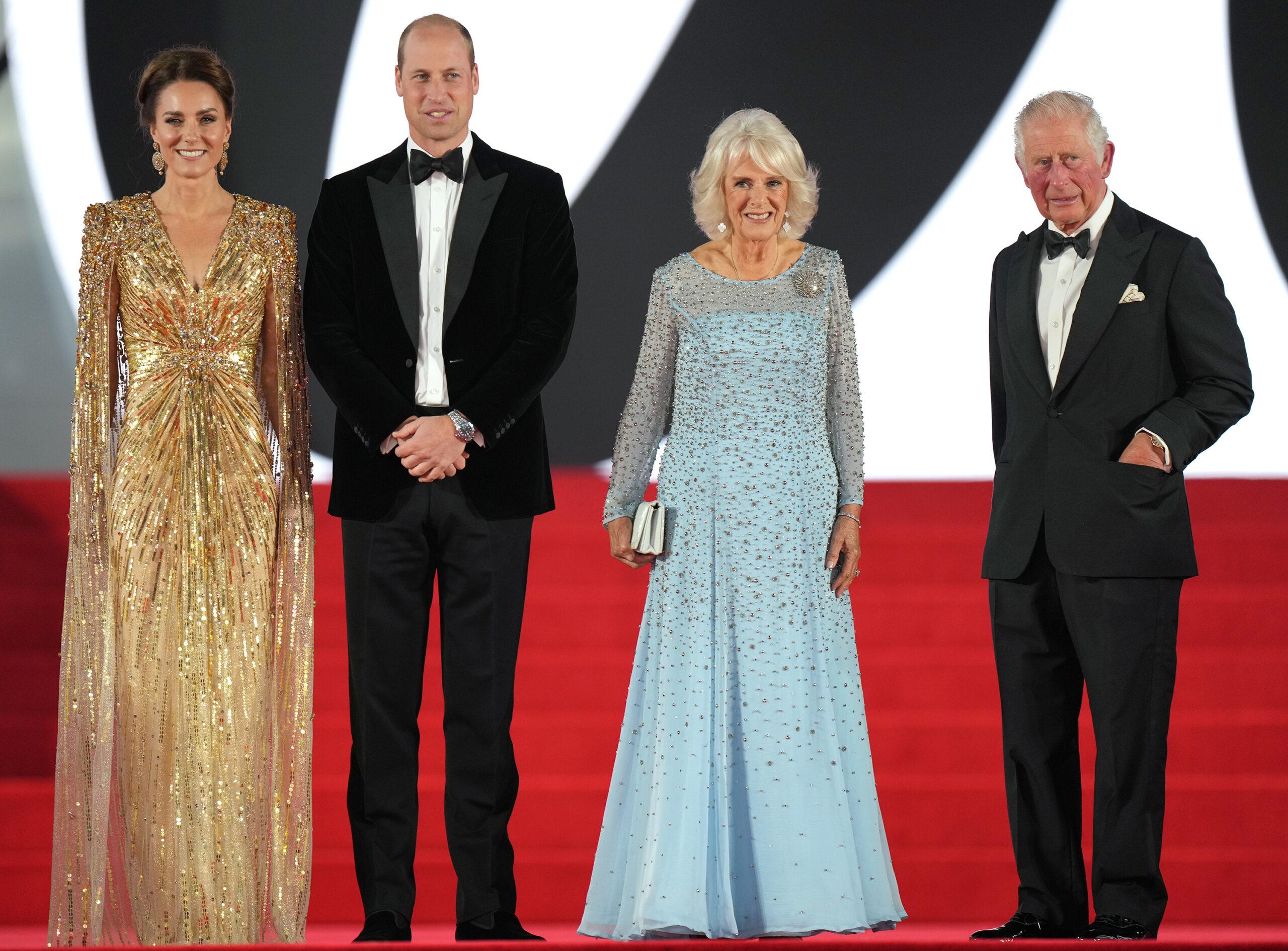
Following the attack on Israel last year, Willam and Kate issued a statement denouncing Hamas.
The Prince and Princess of Wales expressed in a statement that they were “profoundly distressed” at the situation and extended their heartfelt condolences to all the victims, their families, and friends.
Their message read: “As Israel exercises its right of self-defense, all Israelis and Palestinians will continue to be stalked by grief, fear, and anger in the time to come.”
It continued: “Their Royal Highnesses hold all the victims, their families, and their friends in their hearts and minds.”
Additionally, a Buckingham Palace spokesperson stated that King Charles III is “extremely concerned” about the situation and wants to be kept actively updated.
“His thoughts and prayers are with all of those suffering, particularly those who have lost loved ones, but also those actively involved as we speak,” the spokesman revealed. “His Majesty is appalled by and condemns the barbaric acts of terrorism in Israel.”
UN Security Council Proposes Temporary Ceasefire In Israeli-Hamas War
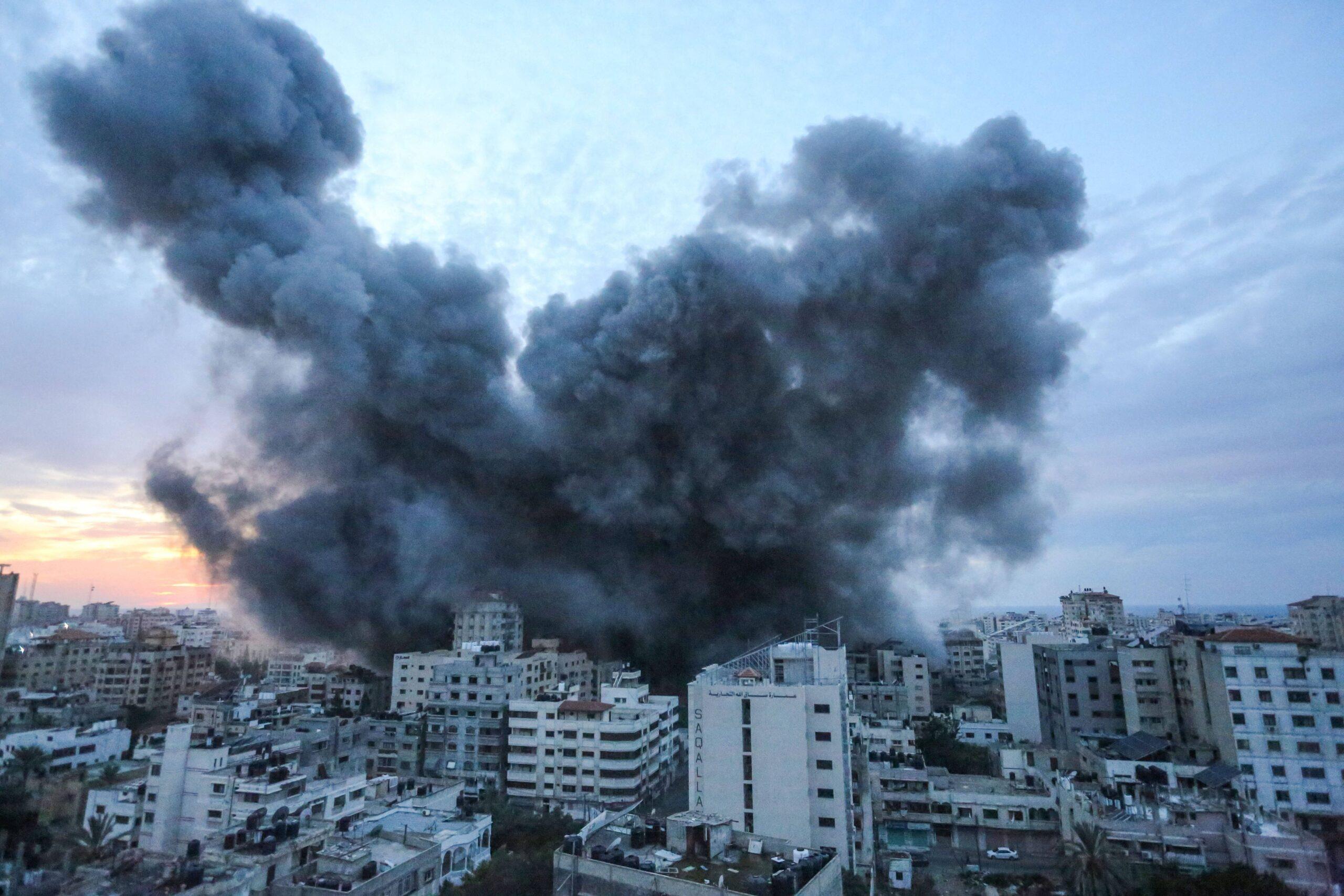
The Israeli-Hamas war has resulted in a significant death toll of at least 29,092 Palestinians, with many civilians, including women and children, affected.
About 80% of Gaza’s population has also faced widespread displacement and starvation, leading to mounting criticism of Israel and prompting the United States to propose a UN Security Council resolution for a temporary ceasefire.
This move reflects a shift in US policy, with President Biden emphasizing the need for a ceasefire “as soon as practicable to get the prisoners out, to get the hostages out” in recent conversations with Israeli Prime Minister Netanyahu.








